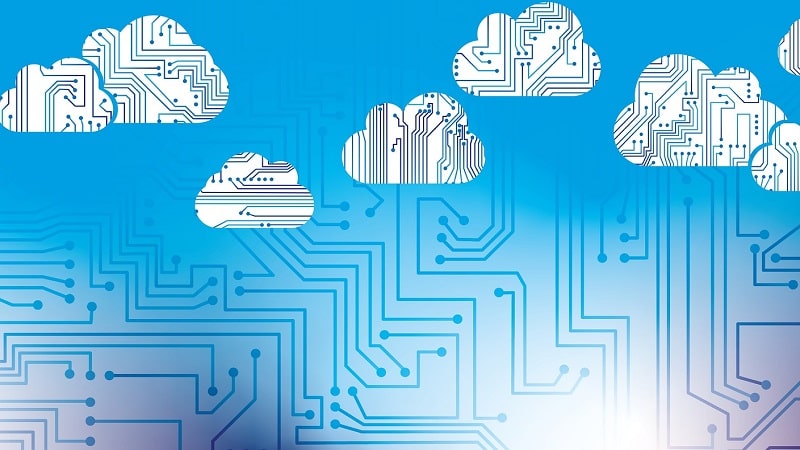
Sharon Woods, the director of the Defense Information Systems Agency’s (DISA) Hosting and Computer Center (HaCC), today emphasized the three components that have led the HaCC to be the Department of Defense’s (DoD) provider of choice for cloud and hybrid environments – the customer and their mission, optionality of services, and ease of adoption.
“To provide the best value as a service provider, it’s about prioritizing the customer, it’s providing optionality, and it’s making it easy to adopt hybrid cloud,” Woods said on day two of Federal News Network’s 2023 DoD Cloud Exchange event.
Woods emphasized that a customer-centric mindset is essential to ensure that DoD military services and components are onboarding the best environment for their mission needs.
DISA as a service provider has always been a customer-centric agency, however, the agency historically operated in what Woods called a “waterfall engineering development process” – receiving the customer’s requirements and no other interaction would take place until the delivery of services.
“A lot of times the product ends up diverging from what the customer needs,” Woods said.
Therefore, the HaCC began to take a different approach in prioritizing the customer and their mission by adopting an agile methodology – where there is more continuous interaction with customers to understand their mission needs.
“We receive the requirements, but we continuously interact with the customers. We’re getting that user feedback loop so that we’re understanding not just what their mission is, but what is it that they need. And ultimately the capabilities being delivered are matching what they need,” Woods said.
“A key element to agile methodology is not just receiving requirements, but having the user be a part of the development process, and it fundamentally changes the conversation,” she added.
In addition, Woods emphasized that optionality was another key component to operating a hybrid environment because “one size does not fit all.” But the key to hybrid, she explained, is the availability of different providers. This is especially important because the Pentagon is vast and increasingly diverse in the different missions across the military services and DoD components.
“As a ‘hybrid cloud broker,’ we provide hosting and computing across all platforms, data centers, private cloud, and commercial cloud. And so, we can provide guidance and recommendations on what kind of platform best meets the requirements of the customer,” Woods said.
Lastly, the HaCC has also prioritized ensuring that the hybrid cloud is easy to adopt for its customers. It’s not enough to develop a capability and expect users to understand it and easily adopt it, Woods explained.
Therefore, the HaCC in its interaction with customers during the adoption period offers continued assistance to ensure the hybrid cloud is easily adopted and deployed.
